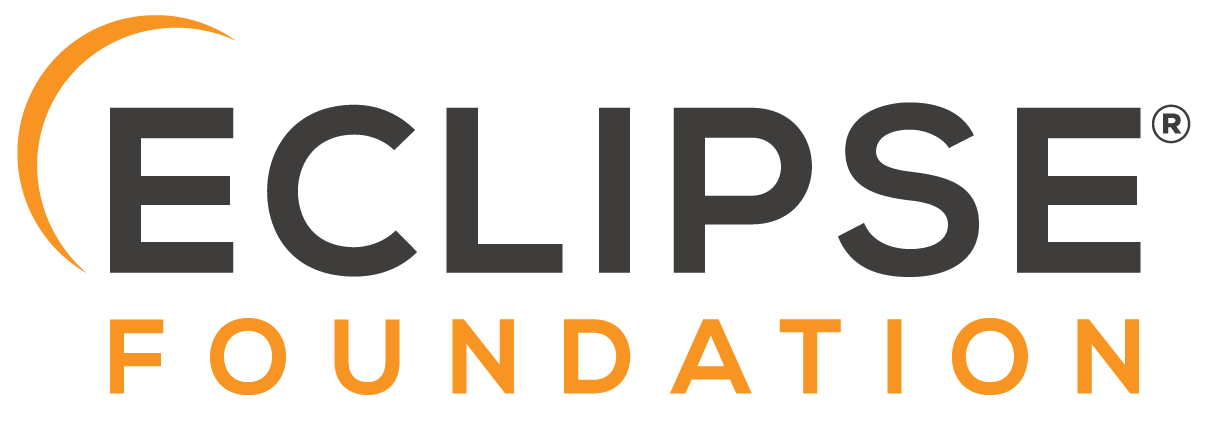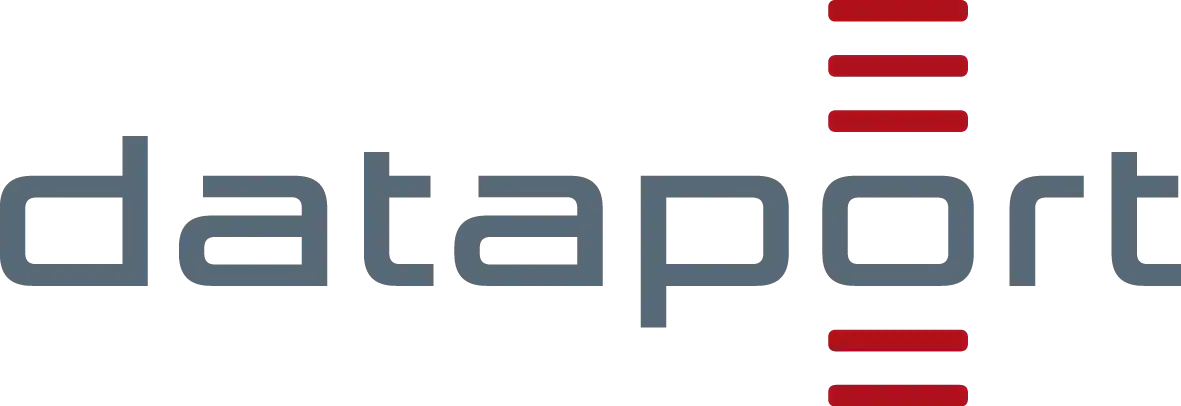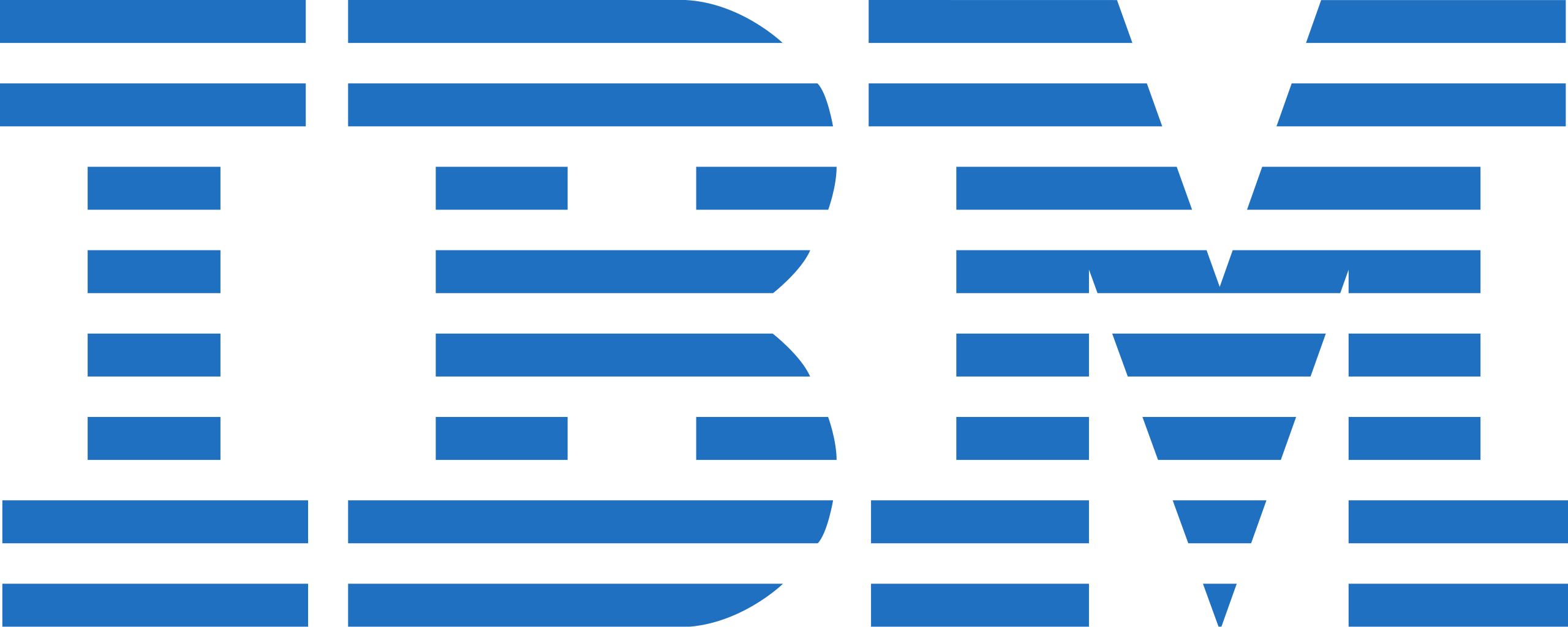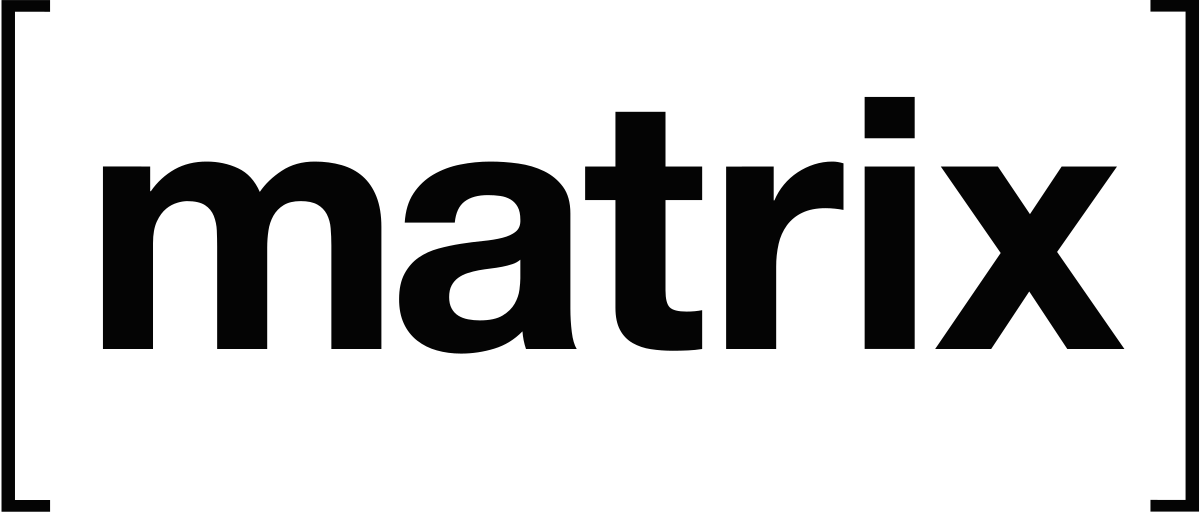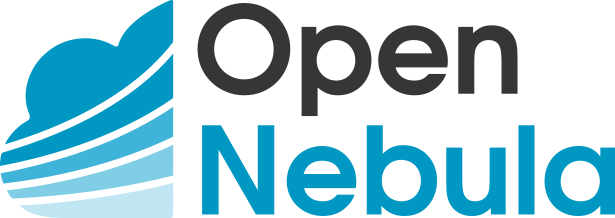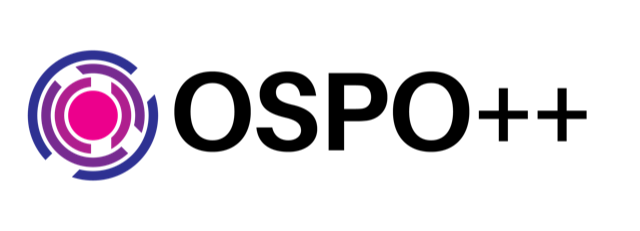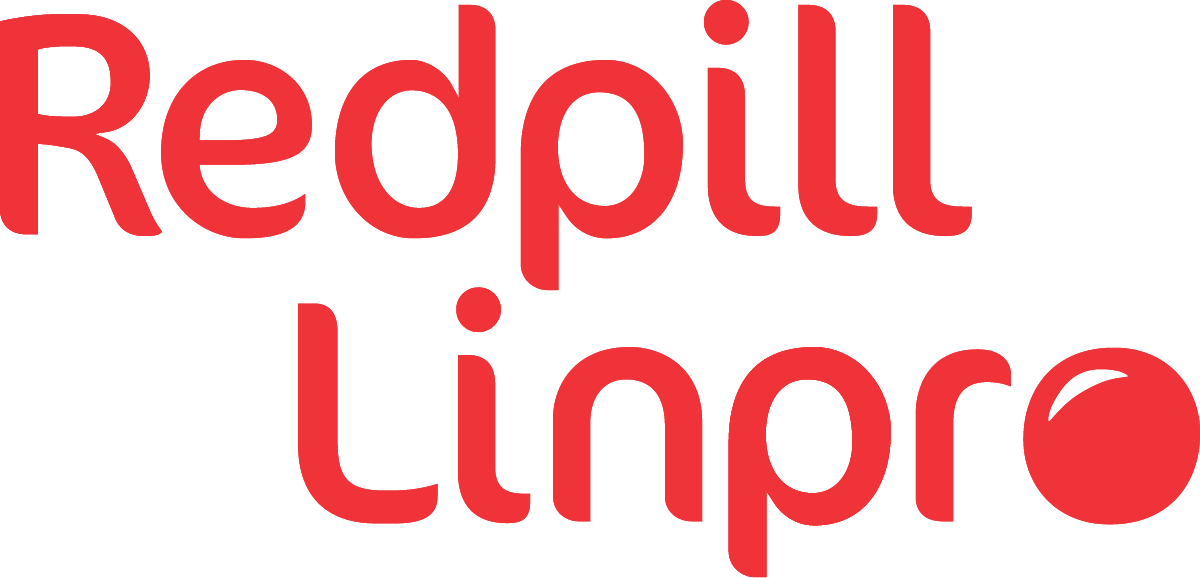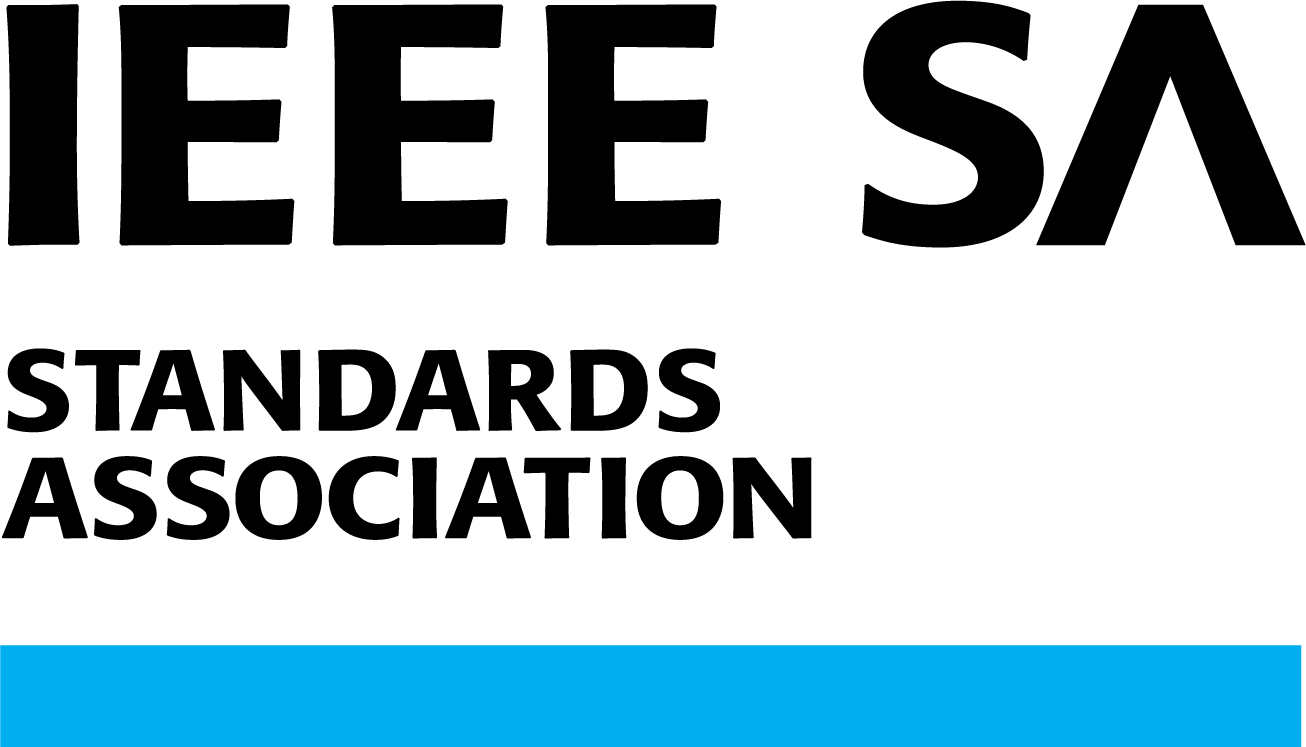February 3
The EU Open Source Policy Summit 2023
Europe’s Open Source Opportunities
Conference Format
The EU Open Source Summit 2023 is an online and in-person conference. Taking place the day before FOSDEM in Brussels, it brings together Open Source and policy experts for speeches and panels that will be streamed to a global audience online.
We have closed the registration for in-person attendance as of 15 January at 00:00, as interest has exceeded our onsite capacity. Please contact our team at summit@openforumeurope.org if you have not yet registered and wish to come to the venue.
About the event
Europe’s key to success is collaboration. In the digital sphere, collaboration can be spelled Open Source. Open Source is intricately linked to Europe’s collaborative culture. This has made Europe an Open Source champion. With the Open Source innovation model being a fundamental building block of our digital reality, Europe is well-placed to achieve its digital policy goals using Open Source as a strategic tool.
The EU Open Source Policy Summit 2023 will explore Europe’s opportunities when leveraging these modes of technological collaboration at scale. Looking at digital policy through this lens, open and collaborative innovation is a source of optimism.
2023 will be the ninth year OpenForum Europe hosts its Open Source policy event right before FOSDEM. While Europe and the EU is our vantage point, this hybrid event welcomes speakers and participants from across the globe.
We encourage you to take a look at the sessions and recordings from the 2022 Summit.
Sessions
Breakfast and Registration
Sponsored by Omidyar Network
OFE Welcome
Ministerial Address
Keynote
Revisiting the Legal and Economic Foundation of Open Source's Engine of Unrivalled Innovation
The first panel of the day will go back to basics and consider the economic and innovation benefits of Open Source Software as more research into the topic has emerged in the last few years. The panellists will be asked to revisit the patent and copyright licensing regimes that underlies the Open Source innovation model’s pro-competitive platform, and set the stage for the future opportunities that it can bring to Europe and the world.
Break
Large Scale Public Sector Projects
Leveraging Open Source solutions in the public sector is not something new, but currently there are a number of ambitious, large-scale projects launched across Europe that have caught our attention—from national cloud services to workspace solutions for the government apparatus. In this panel, the speakers, from public officials, state-owned companies, SMEs and business associations, will talk about different approaches taken by the public sector when engaging with the Open Source ecosystem for large public projects. Do projects of this scale mean that the public sector has to change its ways? Or does the Open Source industry have to do things differently?
Commissioner Johannes Hahn presents the Interoperable Europe Act
Commissioner Johannes Hahn participates virtually with a presentation of the newly-published Interoperable Europe Act. The Act focuses on reinforcing cross-border interoperability and cooperation between the Member States and the European Commission (the co-owners of the proposed governance structure). The nature of interoperability means that the collaboration will be multi-dimensional and the provisions of the Act will also impact and to a large extent involve open source communities, projects, and companies.
In Support of Sound Public Policy: How to Avoid Unintended Consequences to OSS in Lawmaking
As Open Source has taken on monumental importance in the digital markets being the main model for software development, its exposure to regulatory risk has increased. Just in the last few years we have seen policymakers, often despite their best intentions, unintentionally targeting Open Source developers, repositories or the innovation model itself. To name some examples: the Copyright Directive, and more recently the AI Act and the Cyber Resilience Act all have created unintended regulatory risk for OSS. In this panel, we will discuss the status of ongoing files, but also take a few steps back and suggest approaches to how policymakers can avoid these unintended consequences. How to consider developers and communities in the legislative process? How does the very horizontal Open Source ecosystem fit into the EU system of vertical multistakeholderism? What is the responsibility of Open Source experts to engage earlier with policymakers?
Lunch
Sponsored by IEEE
Keynote
OSS Security - European Perspectives on a Global Response
In this session, the panellists have been invited to present the current thinking on the shared global need of more maintenance of OSS and the development of more secure OSS, while taking into account the particular needs of the European OSS ecosystem. We have invited European experts who take part in the global response to the challenges of OSS security, but who can also outline the particular interest in the European ecosystem. What do different geographies, industrial verticals and communities have in common when it comes to OSS security? Where do interests diverge? And where are the European voices in the global effort?
Ministerial Address
DMA, Data Act and Interoperability: How Regulation can Enable Open Alternatives
How can pro-competitive regulation enable open alternatives and create a more level playing field in the digital markets? The panellists will touch on how EU regulation has and can break the trend towards market concentration and a reduction in consumer choice, competition, innovation. We aim to provide a broad array of examples, covering Open Banking/PSD2, digital wallets and fintech, the DMA and digital platforms, as well as the latest developments around the EU Data Act and cloud.
Break
Keynote
Cars, Code and Collaboration: Open Source and the Manufacturing Industry
Collaborative innovation through open source software is a major opportunity for car manufacturers and stakeholders across the automotive supply chain. In this panel discussion, the state of the art as well as the potential of open source software in the automotive industry will be outlined. From that, the panellists will be asked to debate the general influence this might have on the digitisation of traditional industry in Europe and beyond. When more value of the vehicles are defined by software, how does that affect approaches to innovation? IoT, open source and interoperability — how are they connected? What could (and should!) the future’s collaborative innovation platforms look like? What are the barriers to unlocking this potential and how can they be overcome?
What’s on the agenda for OSS funders?
This panel brings together stakeholders from a variety of sectors to speak about the current state of OSS funding and future directions for OSS funding in Europe. The panel will begin by setting the scene of OSS funding (best) practices: who funds OSS (governments, companies, philanthropies, etc.), what are their interests and priorities, and what are their funding models (corporate sponsorship, community grants, public-private models, etc)? Subsequently, the panel will move on to discuss the needs and potential pathways for OSS funding in Europe. The panel will discuss questions, such as: What should OSS funding priorities in Europe be? Should there be a coordinated EU-wide OSS funding strategy? Who should be involved in funding European OSS projects? Overall, the panel aims to inspire and inform the policy agenda concerning funding as a critical motor for the growth and sustainability of OSS across Europe and beyond.
Closing Session - Europe's Open Source Opportunities
For the final panel, we will take on the challenge to bring together the learnings from the day into actionable recommendations and ideas. What are Europe’s open source opportunities and how can we realise them? Bringing together some of the latest research of Europe’s open source ecosystem with insights from leaders from small and large companies, we hope to formulate ideas of how to achieve the promise of open – both from an industry perspective, and the role of ‘open’ in delivering the technologies of tomorrow. What is needed to deliver digital sovereignty through open technologies? In which digital verticals is open source the most promising? What is the growth potential of the European open source industry? What will the future innovation platform(s) for Europe’s companies look like? What is the role of governments and public policy?
Cocktail
Sponsored by Rocket.Chat
)
)
)
)
)
)
)
)
)
)
)
)
)
)
)
)
)
)
)
)
)
)
)
)
)
)
)
)
)
)
)
)
)
)
)
)
)
)
)
)
)
)
)
